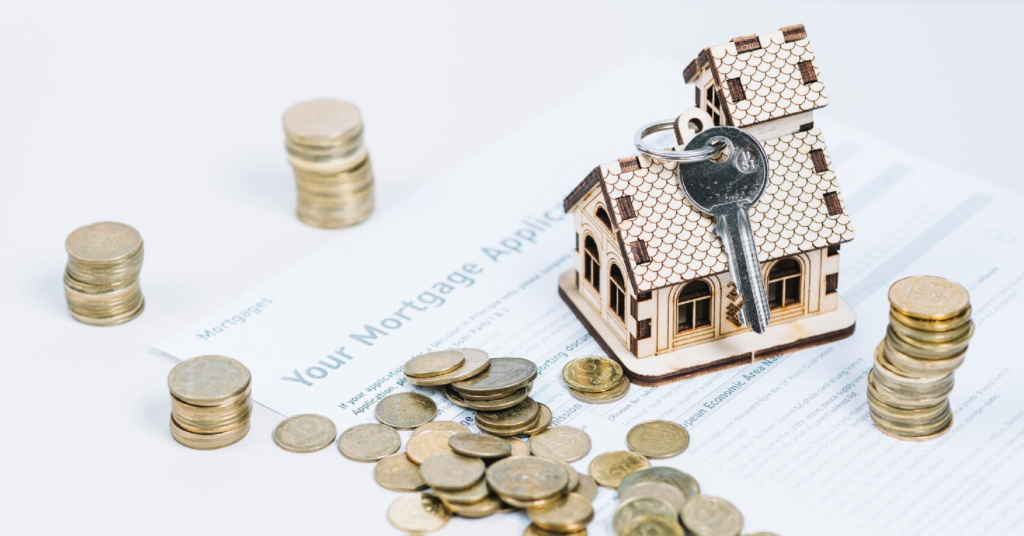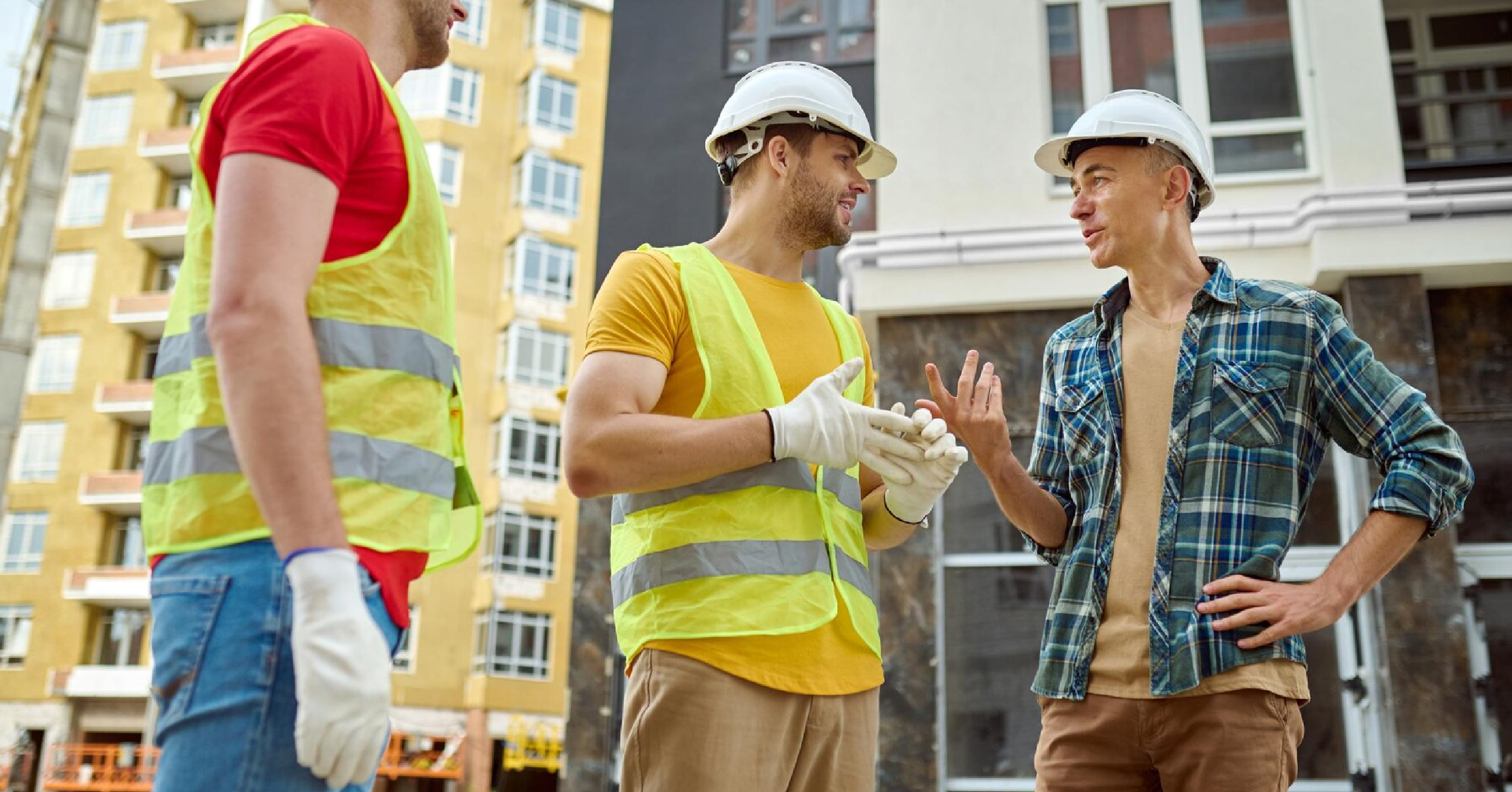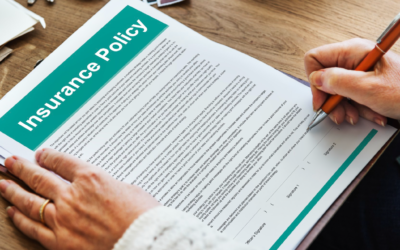Ensuring structural integrity and safety in condo communities is paramount for residents’ well-being and property values. In this article, we’ll delve into common structural issues, empowering residents to identify, address, and advocate for necessary repairs and improvements.
Understanding Structural Issues

Common structural issues in condo buildings, such as foundation cracks, water damage, and decay, can pose significant risks if left untreated. Regular building inspections and maintenance are crucial in preventing and identifying these issues early on.
Here are some key points regarding common structural issues and their implications:
1. Foundation Cracks
Cracks in the foundation can occur due to various factors such as settlement, soil movement, or poor construction. These cracks can compromise the stability of the building and lead to further structural damage if not addressed promptly. Regular inspections can help identify any foundation cracks early on, allowing for timely repairs to prevent further deterioration.
2. Water Damage
Water infiltration is a common issue in condo buildings and can result from leaks in the roof, windows, plumbing, or improper drainage. Water damage can cause structural weakening, mold growth, and deterioration of building materials over time.
Regular maintenance, including inspection of roof, plumbing, and exterior walls, is crucial for detecting and addressing water damage before it escalates.
3. Decay
Decay in structural components such as wood framing, support beams, or exterior cladding can occur due to moisture intrusion, insect infestation, or age-related deterioration. Decayed structural elements compromise the building’s stability and pose safety risks to occupants. Routine inspections by qualified professionals can help identify signs of decay and facilitate timely repairs or replacements.
4. Regular Building Inspections and Maintenance
Conducting regular inspections and implementing a proactive maintenance plan is essential for identifying and addressing structural issues in condo buildings. Building owners or management associations should schedule periodic inspections by qualified engineers or contractors to assess the condition of the structure, identify potential problems, and prioritize repairs or maintenance tasks.
5. Timely Repairs
Prompt action is crucial when addressing structural issues to prevent further damage and ensure the safety of occupants. Once identified, structural issues should be addressed promptly by qualified professionals following industry best practices and building codes.
6. Budgeting for Structural Maintenance
Budgeting for structural maintenance and repairs should be a priority for condo associations or property owners. Allocating sufficient funds for regular inspections, maintenance tasks, and potential repairs helps prevent costly structural issues and ensures the long-term durability of the building.
Addressing Structural Issues

Ensuring the structural integrity of condominium buildings is paramount for the safety and well-being of residents. Here’s how to address these issues:
Identify Warning Signs
Residents should be vigilant in identifying warning signs of structural issues, including cracks in walls or ceilings, uneven floors, and water stains. Reporting potential issues to the HOA or property management promptly is essential for further investigation.
Assess Safety Risks
Untreated structural issues can lead to safety hazards such as collapses and electrical faults. Residents must prioritize safety and take proactive measures to address potential risks to prevent accidents and injuries.
Communicate with the HOA
Effective communication with the HOA or property management regarding structural concerns is key. Residents should submit maintenance requests, attend meetings, and advocate for necessary repairs transparently and assertively.
Seek Professional Help
Hiring professional inspectors, engineers, or contractors can provide expert assessments and solutions for structural issues. Residents should research and select qualified professionals to obtain accurate cost estimates for repairs.
Advocate for Action
Residents can advocate for action on structural issues within their community by organizing petitions, forming committees, and collaborating with neighbors. Community engagement and collective action are essential for ensuring safety and well-being.
Understand Legal Rights
Residents have legal rights and options in addressing structural issues, including seeking legal advice, filing complaints, and pursuing legal action if necessary. Understanding relevant laws and regulations is crucial for protecting homeowners’ interests.
Preventive Maintenance
Implementing preventive maintenance measures such as regular inspections, routine tasks, and proactive repairs can minimize the risk of future structural issues. Proactive maintenance preserves property value and ensures long-term structural integrity.
Conclusion
Prioritizing safety, advocating for necessary repairs, and engaging with the HOA or property management are crucial steps in addressing structural issues in condo communities. By taking proactive measures and working collaboratively, residents can protect their homes and create a safe and secure living environment for themselves and their neighbors.
Put safety at the forefront! Partner with Boston HOA Management to get expert help in maintaining your condo community. Protect your residents and property values today!





